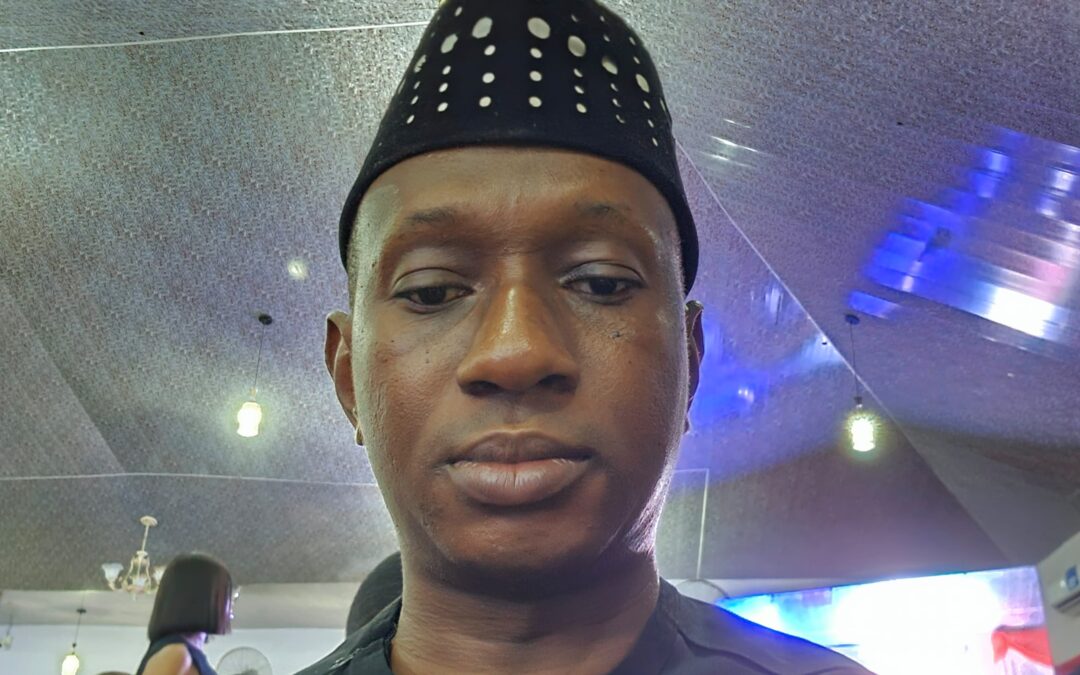If you’ve been following mental health trends lately, chances are you’ve come across the name Dr. Kennedy Obohwemu. The Nigerian-born medical doctor and researcher is making waves with a new psychological theory that’s getting attention both at home and abroad. From major national newspapers to international blogs, the buzz is real and growing.
So, what exactly is this groundbreaking theory, and why is everyone talking about it?
It’s called the Self-Comforting and Coping Theory (SCCT), and it dives into something we all do, even if we don’t always notice it: finding ways to soothe ourselves during tough times. Dr. Obohwemu’s theory doesn’t just highlight this natural instinct but also breaks it down, explores its roots, and shows just how important it is for emotional well-being and resilience.
SCCT is built on the idea that self-comforting behaviors play a vital role in helping people manage stress, regulate their emotions, and bounce back from adversity. These aren’t just automatic responses. According to the theory, they’re often intentional strategies we learn and refine over time.
The theory outlines several key types of self-comforting strategies:
1. Physical self-soothing, like going for a walk, cuddling up in a blanket, or listening to calming music.
2. Emotional regulation, including techniques like mindfulness, acceptance, and positive self-talk.
3. Behavioral coping, such as engaging in hobbies or productive distractions to regain a sense of control.
4. Cognitive strategies, like reframing negative thoughts or planning ahead to reduce anxiety.
What makes this theory even more practical is that Dr. Obohwemu didn’t stop at just theorizing but he also created a tool to measure it. The Self-Comforting and Coping Scale (SCCS) is a comprehensive assessment tool that helps psychologists and researchers evaluate how people comfort themselves and cope with stress. It opens doors for more personalized approaches to mental health support, especially in culturally diverse settings.
The impact of SCCT is already being felt. It’s a fresh perspective on how we care for ourselves emotionally. And in a world where mental health is becoming more openly discussed, SCCT offers a timely and much-needed lens for understanding how we handle life’s ups and downs.
Maymunah Kadiri
Abuja, Nigeria










0 Comments